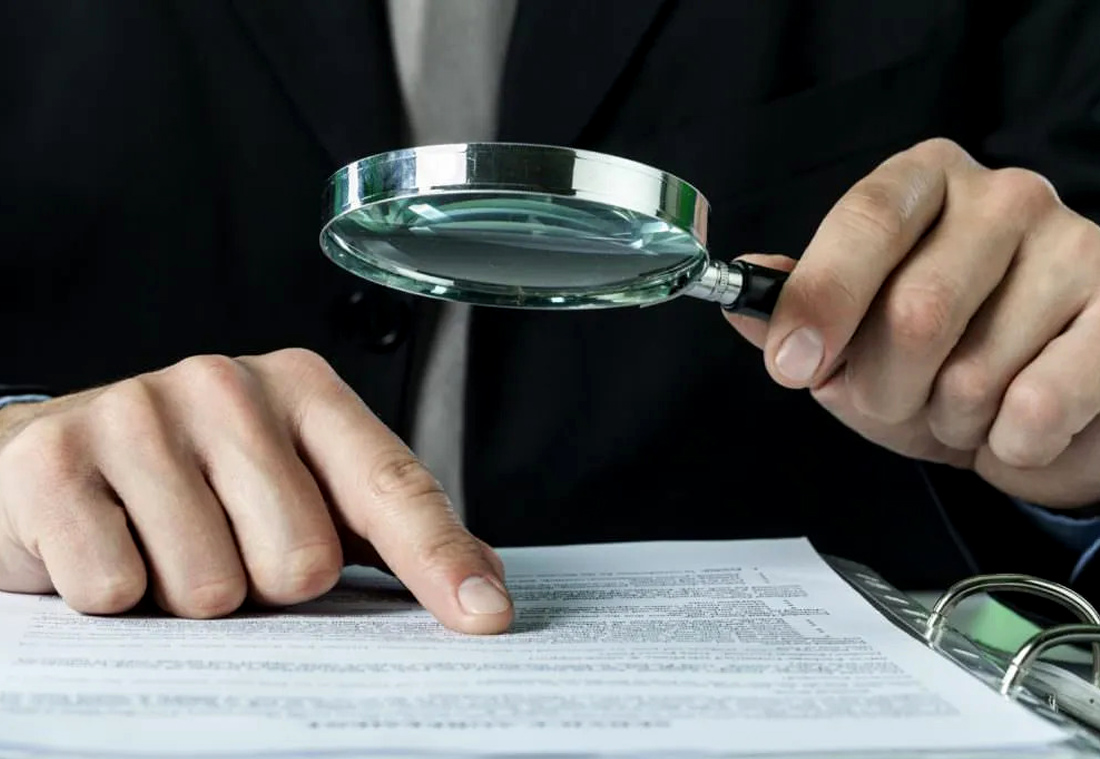
Internal Audit
The purpose of Internal Audit function is to lend assurance to the management of an organization that their businesses are capable to handle the demands of ever changing business environment. Risk management, evaluation of internal controls, improving security and overall enterprise governance are the fundamental responsibilities of the internal audit function. Internal audit is being increasingly leveraged as a strategic tool taking cognizance of the wide perspective offered in the areas of risks, operations and business opportunities which lend credence to strategic decision making.
We at MBM partner with our clients in the effective monitoring of the control environment by delivering quality proactive internal audit solutions across business segments. Adhering with the highest professional standards of integrity and independence, we handhold our clients in each stage of the business process to align their reporting practices with the best practices of the industry. Our team constantly strives to provide optimal tailor made internal audit services to cater to the operational requirements of our clients.
With entities embracing digital business platforms, our internal audit team has robust policies and methodologies which factor the risks and security threats posed by the digital environment and solutions for the same.
We equip our clients with adequate knowledge transfer to step up to the next level where technology and galore of opportunities offered thereby can be converted as assets of the entity.
We also offer high end solutions for internal controls in the information systems to enable secure functioning of businesses. This places our clients in a competitively advantageous position in the market.
Our Services
Operational Audit

Operational audit is the evaluation and examination of particular processes in an entity with special reference to the efficiency and effectiveness with which the internal controls work.
It focuses more on assessing the propriety of the business.
Operational audit is a highly effective tool for an entity’s Management in assessing the performance of the business.
Operational audit is done process wise where every single stream of operation like Revenue, payroll, marketing, production etc. forms the area of audit.
Our team at MBM, works closely with our clients to get a thorough understanding of the entity, its environment and their work culture so that our solutions are THE best in ensuring the propriety of business. We engage in timely discussion with our clients to train them in engineering their processes in the best possible way to achieve optimum utilization of resources with no compromise in the quality and standard of operation.
Compliance audit
Government and local regulatory authorities come up with legislations and amendments therein from time to time which are applicable for the general public and also exclusively for business entities. Management seeks the service of a compliance auditor to ensure compliance with all applicable laws and regulations.

Basically, compliance auditor ensures that the entity is in compliance with
- Local laws and regulations: This includes income tax, indirect taxes like VAT, excise duty, service tax, Economic substance regulations, Ultimate Beneficial Owner regulations etc.
- Applicable regulatory framework: Besides the local regulations, an entity might need to comply with reporting requirements of the framework applicable to them. For eg. A listed entity might need to comply with the listing requirements of the stock exchange where it is listed.
Companies Act applicable to companies might set out a format in which the financial statements of the entity need to be presented.
Compliance of these requirements are verified and looked into by the compliance auditor.
- Entity’s internal policies and procedures: Management sets up internal policies and procedures for the efficient functioning of an entity. This might include asset appraisal policy, physical verification policy, Credit policies, HR Policies etc.
Compliance auditor ensures that all the processes are in compliance with the internal policies of the entity.
We at MBM, have a dynamic team keeping ourselves updated with the latest developments in the legal arena and training our clients on the nuances of the same. We take great care in being an active participant and contributor in all the discussions and events happening in the business fraternity consequent to any changes in the legal environment.
Our team ensures that we advise our clients on a pro-active basis to be adherent to all the applicable laws and regulations.
Control Audit
Test of controls is performed to confirm the efficiency and effectiveness of control over financial reporting so that the auditors can conclude whether they could rely or not on the same.
These internal controls mainly relate to the Financial reporting and hence are called Internal control over financial reporting (ICFR).
Test of controls evaluate the operating effectiveness of controls in
- Preventing or
- Detecting and correcting
- Material misstatements
- At the assertion level.
Test of controls determine the Risk matrix of an entity. Results of Test of controls affect the audit plan in the sense that depending on whether the auditors can rely on the controls or not, nature and extent of substantive procedures is determined.
This affects the audit methodology right from the extent of sampling to be done to the nature of procedures to be performed, which in turn decides the time and resources to be employed in the audit process.
Hence, control audit or test of controls is a very important aspect of internal audit.
We at MBM, offer specialized and customized services in control testing with the rich experience of our team in varied areas of operation. We take utmost care in adhering to the directives in this regard from the regulatory authorities and tailor our solutions to the specific long term objectives of our clients.
FORENSIC AUDIT
Forensic audit is a specialized branch of audit where the audit evidence derived by examining the financial records of an entity can be used in a court of law or legal proceedings.
Forensic audit involves a wide range of investigative activities into the financial affairs of an entity often with the objective of investigating alleged fraudulent activities such as corruption, asset misappropriation, financial statement fraud etc.
We at MBM, offer specialized services in this area with the legal expertise, in depth subject knowledge and vast professional expertise of our team.

Internal controls
Internal controls are like the checkpoints in every process which ensures that the process is foolproof against all possible risks and that the process falls in line with the goal of the entity.
It is a process effected by an entity’s board of directors, management and other personnel designed to provide reasonable assurance of the achievement of objectives in the following categories:
- Operational Effectiveness and Efficiency
- Financial Reporting Reliability
- Applicable Laws and Regulations Compliance
Internal controls ensures the following:
- Efficient conduct of business:
- Safeguarding assets:
- Preventing and detecting fraud and other unlawful acts:
- Completeness and accuracy of financial records:
- Timely preparation of financial statements:
We at MBM, extend our support in designing the control environment of an entity in adherence to the guidances in this regard and with utmost care to suit the environment of our clients.
Enterprise risk assessment
Risk, for an entity is any factor which comes in the way of achieving the goal of the entity. Risks cannot be entirely mitigated; nor are they required to be mitigated in its entirety as there is a certain amount of risk that an entity can afford to take given the trade off of bearing the risk.
That leaves the management of any entity with the most crucial question which is 'what is/are the risk(s) of our entity.' Asking this question and finding out the answer to it is not a one time process. It has to be done on a periodic basis given the dynamic environment in which businesses run these days.
Response to this question forms the basis of an entity’s risk assessment.

Risk assessment is the systematic analysis of the likelihood of potential events in the achievement of goals of an entity and assessing the impact thereof, both financial and otherwise on the entity’s performance.
Risk assessment is done in the following stages:
- Identifying the risk to an entity
- Assess, Analyse and evaluate the nature and extent of risk
- Devise controls to mitigate the risk
- Emergency response preparedness
- Business continuity plan
- Reporting and monitoring
We at MBM, have a dedicated team of professionals with futuristic approach to devise effective and customized models in risk evaluation and reporting. We execute strategies to effectively manage the risks to an entity and manage it so as to optimally achieve the objectives of an entity.
Do you want to work with us?
Developing a plan that is custom-built for your business.
